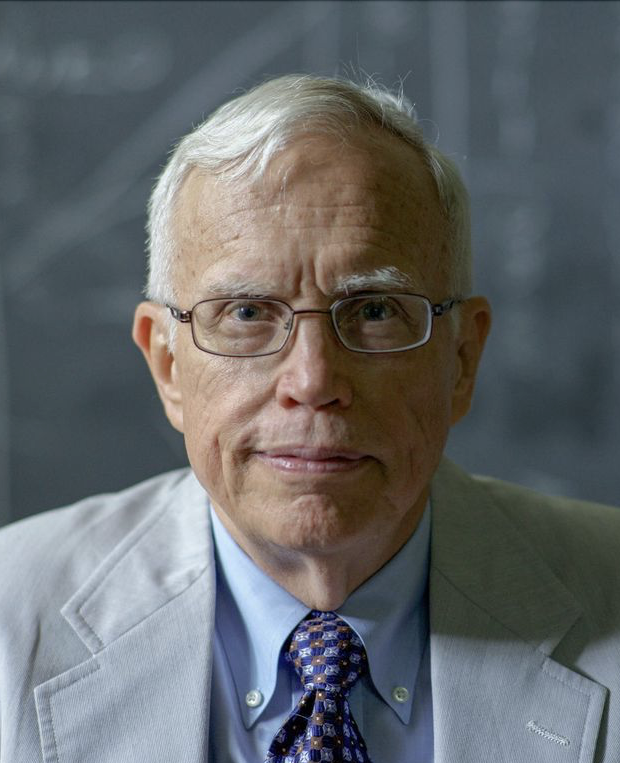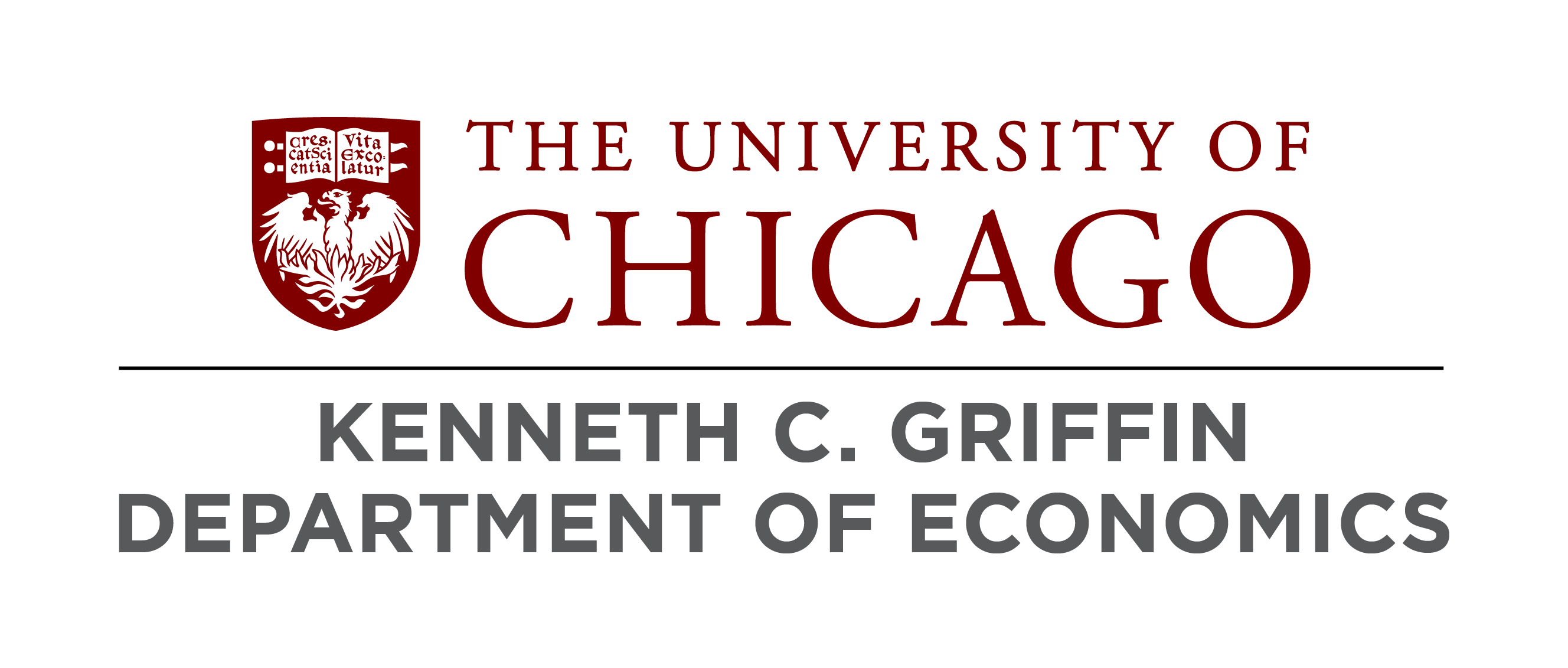
James J. Heckman is the Henry Schultz Distinguished Service Professor of Economics and Public Policy and Director of the Center for the Economics of Human Development at the University of Chicago. He has devoted his professional life to understanding the origins of major social and economic questions related to inequality, social mobility, discrimination, and the formation of skills and regulation in labor markets, as well as to devising and applying economically interpretable empirical strategies for understanding and addressing these questions.
His work spans contexts and cultures. Current research at CEHD includes analyzing the impact of early childhood programs around the world by studying the immediate and long-term impacts of interventions (including the impacts in midlife on health and on other family members), both in the United States and in a new project in China. He also collaborates with researchers in the U.S., China and Germany to measure preferences and trait building on his previous work showing the power of noncognitive skills. He has initiated a series of studies measuring economic preferences and relating them to psychological traits. This research is based on unique, large panel samples of Chinese children, examining the predictive power of preferences and traits for choosing STEM fields for study later in life. He has also started a new initiative to study families and fertility in cooperation with Corvinus University. He has conducted a series of studies comparing social mobility in Denmark and the U.S. showing similar patterns despite the more generous Danish welfare state. He has also guided a series of studies by affiliates on neighborhood sorting and the role of parental choice in neighborhood selection. His work disproves that “Zip Code is Destiny” and instead shows that family is destiny. Heckman is also working on abduction as a fruitful tool for including intellectual discovery and the discovery and interpretation of causal relationships.
In 2000, Heckman won the Nobel Prize in Economics for his work on the microeconometrics of diversity and heterogeneity and for establishing a sound causal basis for public policy evaluation.He has received numerous other awards for his work, including the John Bates Clark Medal, the Jacob Mincer Award, the 2005 and 2007 Dennis Aigner Award for Applied Econometrics, the Ulysses Medal from the University College Dublin, the Theodore W. Schultz Award, the Gold Medal of the President of the Italian Republic, the Frisch Medal, the Dan David Prize, and the Chinese Government Friendship Award
Heckman has a B.A. in Mathematics from Colorado College and an M.A. and Ph.D. in Economics from Princeton University. He has been at the University of Chicago since 1973.
 THE UNIVERSITY OF CHICAGO
THE UNIVERSITY OF CHICAGO

